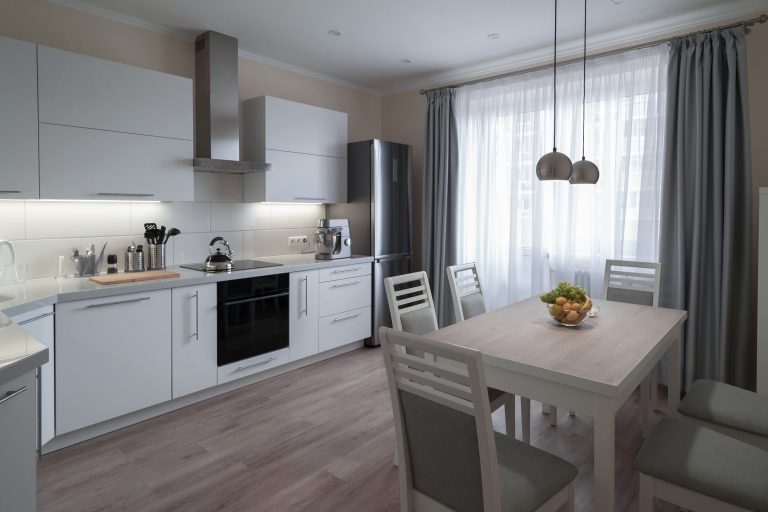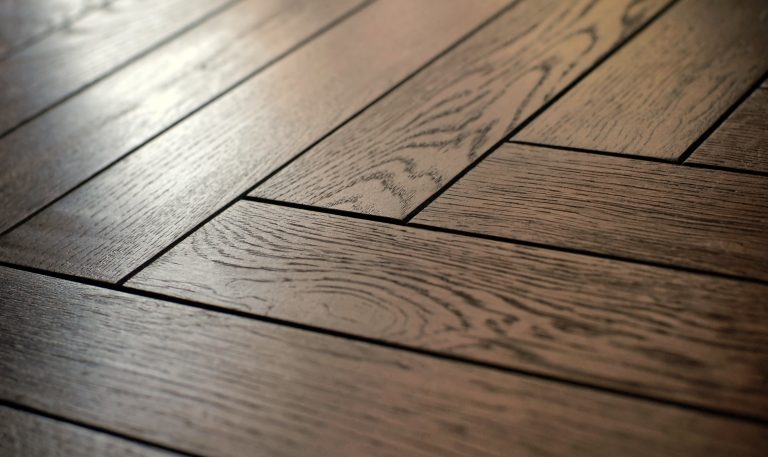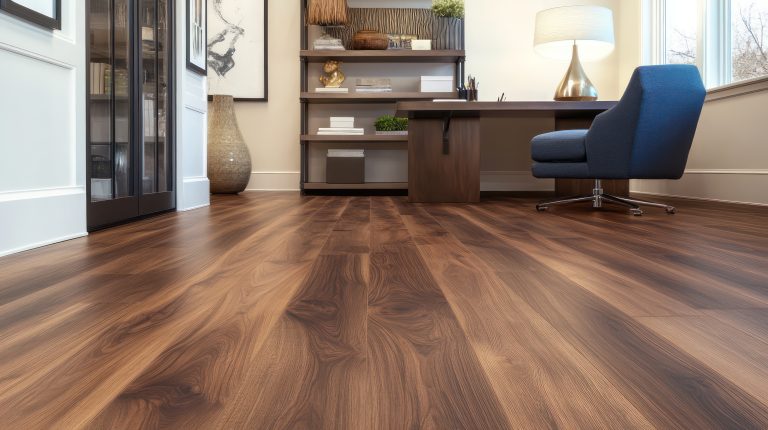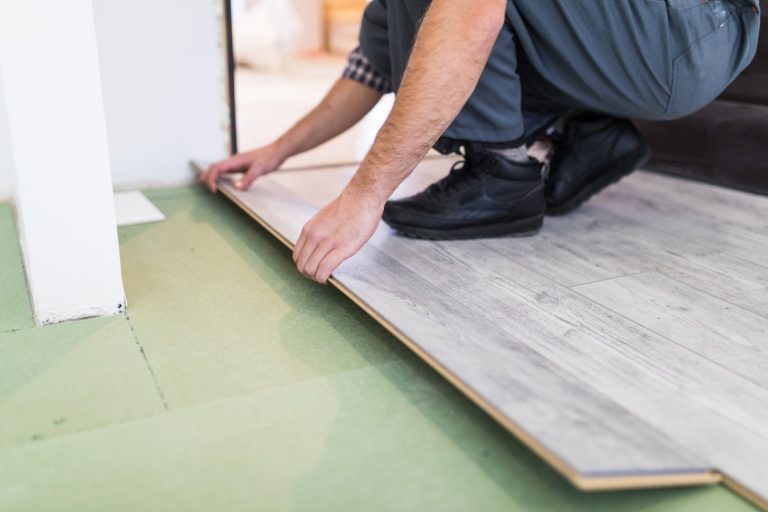How Flooring Type Impacts the Air Quality in Your Home
Indoor air quality is a major factor in creating a healthy and comfortable home environment. While most homeowners think of ventilation or cleaning habits, your choice of flooring also plays a surprisingly important role. Different flooring types can either improve or worsen air quality depending on the materials, finishes, and maintenance required.
In this guide, we’ll explore how popular flooring options such as hardwood, laminate, vinyl, hybrid, and carpet can affect your home’s air quality—and how to choose the best option for your lifestyle.
Why Flooring Affects Indoor Air Quality
Flooring materials interact with your indoor environment in several ways:
- Volatile Organic Compounds (VOCs): Certain finishes, adhesives, and synthetic materials can release VOCs, which may impact respiratory health.
- Dust and Allergens: Some flooring traps dust, pollen, and pet dander more than others.
- Moisture Resistance: Floors that retain moisture can encourage mould and mildew growth, reducing air quality.
Flooring Types and Their Impact
Hardwood Flooring
Hardwood is a natural flooring option that generally contributes positively to indoor air quality. When sealed with low-VOC finishes, it releases minimal emissions. Its smooth surface also makes cleaning easy, reducing dust and allergens.
Pros: Natural, durable, low maintenance, hypoallergenic.
Cons: Can be sensitive to moisture if not sealed properly.
Laminate Flooring
Laminate offers affordability and style, but quality varies. Low-quality laminate may contain adhesives that release VOCs. However, many modern products are certified low-emission and safe for households.
Pros: Cost-effective, easy to clean, durable.
Cons: Check VOC certifications before buying.
Vinyl and Hybrid Flooring
Vinyl and hybrid floors are known for being water-resistant and durable, making them a popular choice in Sydney homes. Higher-end products often come with low-VOC certifications, ensuring safer air quality.
Pros: Excellent water resistance, low maintenance, allergen-friendly.
Cons: Lower-quality vinyl may release VOCs if not certified.
Carpet Flooring
Carpet can act as a filter for dust and allergens but may release VOCs from adhesives or synthetic fibres. It also requires frequent vacuuming to maintain air quality.
Pros: Comfortable and warm underfoot.
Cons: Traps dust, pet dander, and allergens.


How to Choose Flooring That Supports Better Air Quality
When selecting flooring for your home, keep these tips in mind:
- Look for Low-VOC Certifications such as GreenGuard or FloorScore.
- Prioritise Easy-to-Clean Surfaces like hardwood, laminate, or hybrid flooring.
- Control Moisture with water-resistant flooring in kitchens, bathrooms, and laundry rooms.
- Work With Trusted Suppliers like Get Floors to ensure high-quality, safe flooring options.
Your flooring choice plays a bigger role in your home’s air quality than you might think. By choosing certified low-VOC, durable, and easy-to-maintain flooring, you can enjoy a healthier living environment while enhancing the beauty of your home.
At Get Floors, we stock a wide range of hardwood, laminate, vinyl, and hybrid flooring designed to meet the highest standards of safety and quality.
Contact us today for a free quote or consultation and find the perfect flooring for your home.
About Get Floors
Get Floors is Sydney’s trusted flooring specialist, offering a wide range of hardwood, laminate, vinyl, hybrid, and engineered flooring. With expert advice and premium products, we help homeowners create stylish, durable, and healthier living spaces.
Explore our range online or Contact us now for a free quote or consultation!










